16 have author last names that start with E have author last names that start with E
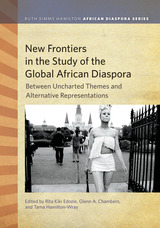
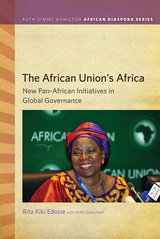


State of Lake Michigan reviews the status of the major Lake Michigan ecosystem components and provides a basis for evaluating the health of the lake and for promoting integrated management of this exceptional natural resource. The book consists of papers by professionals in the Great Lakes region who are recognized for their contributions to the advancement of Great Lakes science and management. The book also includes an extensive subject index. Other sections explore physical and chemical regimes, food web, water birds, wetlands, and management and initiatives.


The highly toxic PBB poisoning of Michigan remains the most widespread chemical contamination known in U.S. history. The Poisoning of Michigan is an investigative journalist's account of the contamination of Michigan's dairy cattle with the highly toxic chemical PBB (polybrominated biphenyl) in 1973. A near relation of PCB, this now-banned substance, designed as a fire retardant, was mistaken for a nutritional supplement at a chemical plant. It ended up in cattle feed that was distributed to farms throughout the state. By the time the error was discovered, virtually all nine million residents of Michigan had been ingesting contaminated milk and meat for almost a year.
A new introduction by the author and an afterword by three distinguished environmental scientists explain how the legacy of Michigan's poisoning lives on—and how equally toxic substitutes for PBB still invade our homes and lives. This new edition of Egginton's environmental classic—first published in 1980 and long out of print—tells how the tragedy affected both the farm community and the wider populace, and how federal and state authorities failed to respond. "We were mired in a swamp of ignorance," one state official admitted.


A thirteenth-century treatise on the theory and practice of ophthalmology, this unique work provides a window on what passed for medical knowledge of the eye during the late Middle Ages. Although little is known of the author, Benevenutus Grassus, he seems to have roamed Italy in the early thirteenth century as a medical practitioner specializing in diseases of the eye.
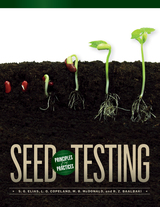
An essential reference for students, seed technologists, researchers, and seed industry personnel, this comprehensive guide outlines the most widely performed modern seed quality tests, explores the principles behind them, the history of seed testing, why seeds are tested and when, and sampling, sub-sampling, seed laboratory management, accreditation, and seed quality assurance programs. The authors describe statistical applications to seed testing and tolerances, and they provide a detailed morphological and structural description of seed formation and development. The book examines the testing of genetic traits and transgenic seeds, including DNA and protein genetic purity tests, and cultivar purity identification for conventional seeds. In addition to the most common seed purity and viability tests, tests for seed and seedling vigor, seed-borne diseases and seed moisture determination are also discussed.

The Declaration of Independence is usually celebrated as a radical document that inspired revolution in the English colonies, in France, and elsewhere. In Enemyship, however, Jeremy Engels views the Declaration as a rhetorical strategy that outlined wildly effective arguments justifying revolution against a colonial authority—and then threatened political stability once independence was finally achieved.
Enemyship examines what happened during the latter years of the Revolutionary War and in the immediate post-Revolutionary period, when the rhetorics and energies of revolution began to seem problematic to many wealthy and powerful Americans.
To mitigate this threat, says Engles, the founders of the United States deployed the rhetorics of what he calls "enemyship," calling upon Americans to unite in opposition to their shared national enemies.

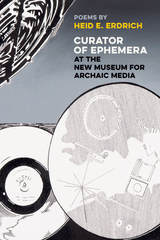

Many of the poems in National Monuments explore bodies, particularly the bodies of indigenous women worldwide, as monuments—in life, in photos, in graves, in traveling exhibitions, and in plastic representations at the airport. Erdrich sometimes imagines what ancient bones would say if they could speak. Her poems remind us that we make monuments out of what remains—monuments are actually our own imaginings of the meaning or significance of things that are, in themselves, silent.
As Erdrich moves from the expectedly "poetic" to the voice of a newspaper headline or popular culture, we are jarred into wondering how we make our own meanings when the present is so immediately confronted by the past (or vice versa). The language of the scientists that Erdrich sometimes quotes in epigraphs seems reductive in comparison to the richness of tone and meaning that these poems—filled with puns, allusions, and wordplay—provide.
Erdrich's poetry is literary in the best sense of the word, infused with an awareness of the poetic canon. Her revisions of and replies to poems by William Carlos Williams, Robert Frost, and others offer an indigenous perspective quite different from the monuments of American literature they address.

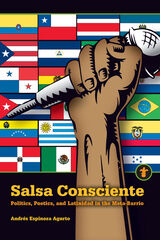

READERS
Browse our collection.
PUBLISHERS
See BiblioVault's publisher services.
STUDENT SERVICES
Files for college accessibility offices.
UChicago Accessibility Resources
home | accessibility | search | about | contact us
BiblioVault ® 2001 - 2024
The University of Chicago Press









